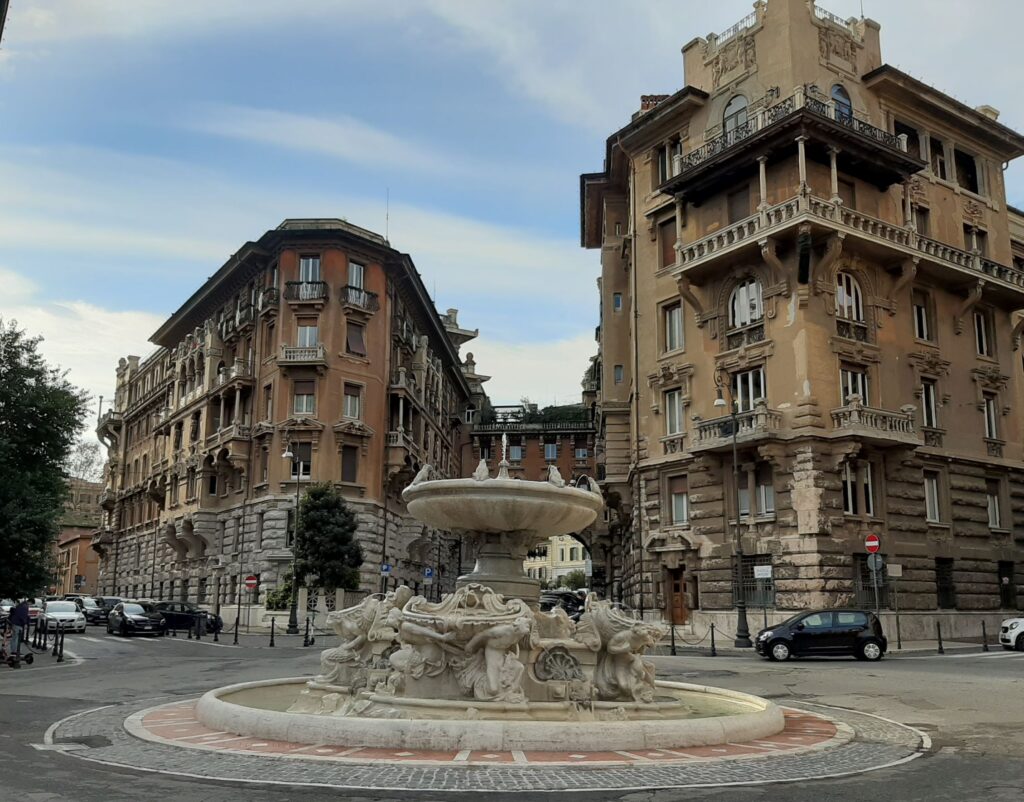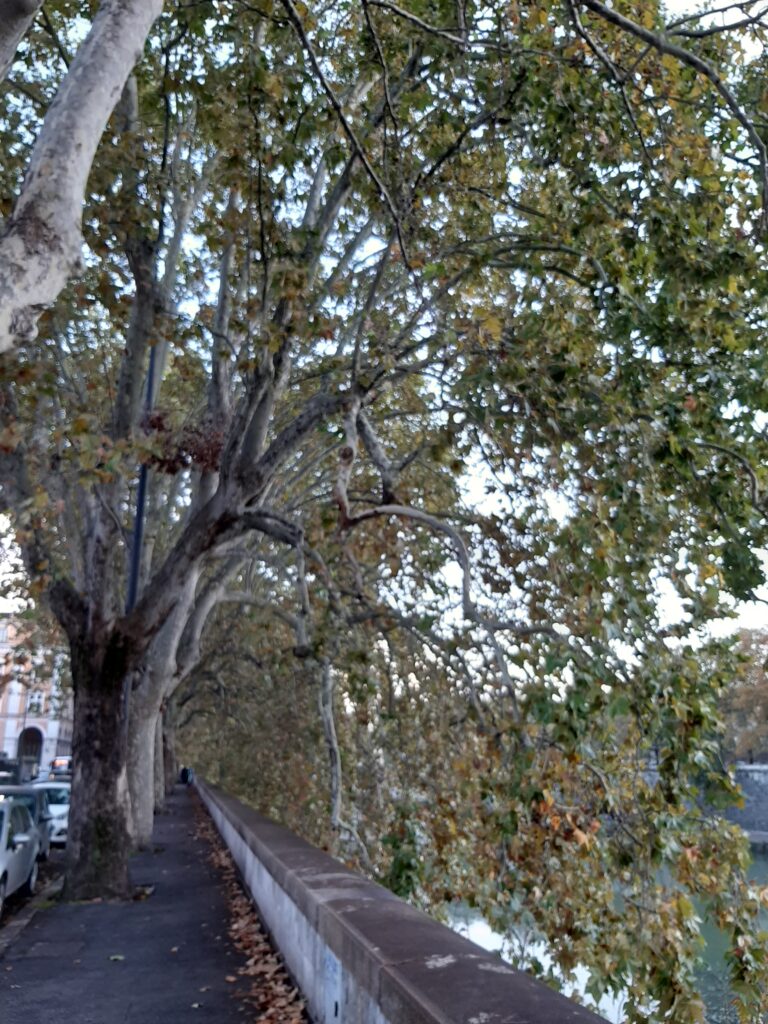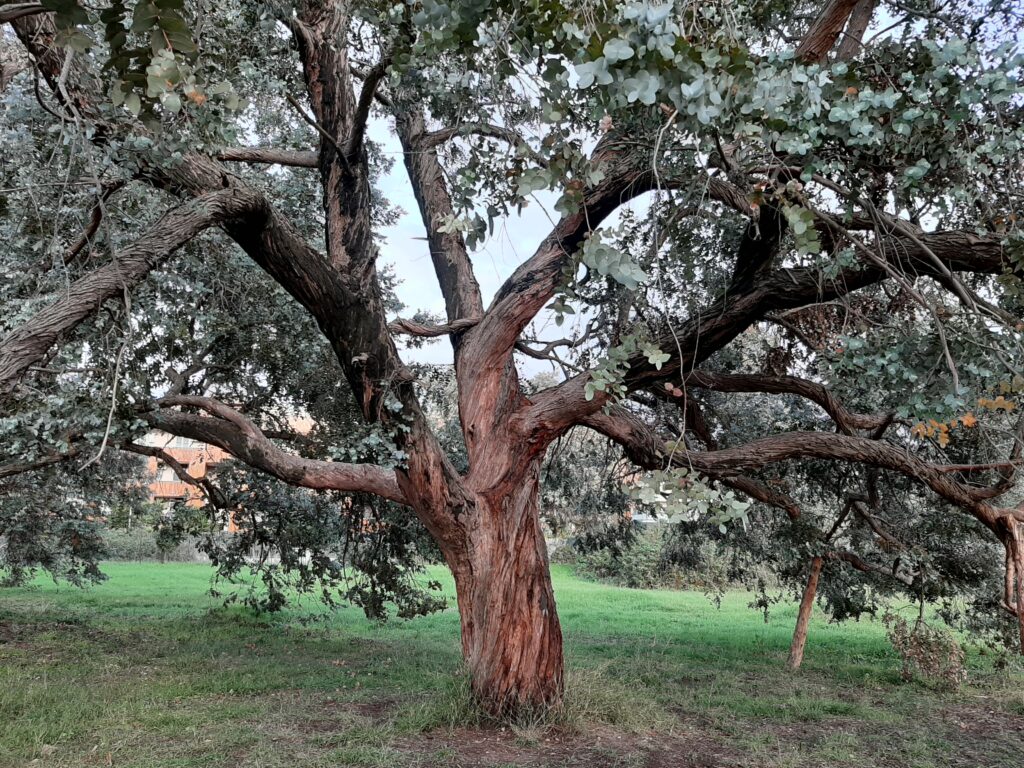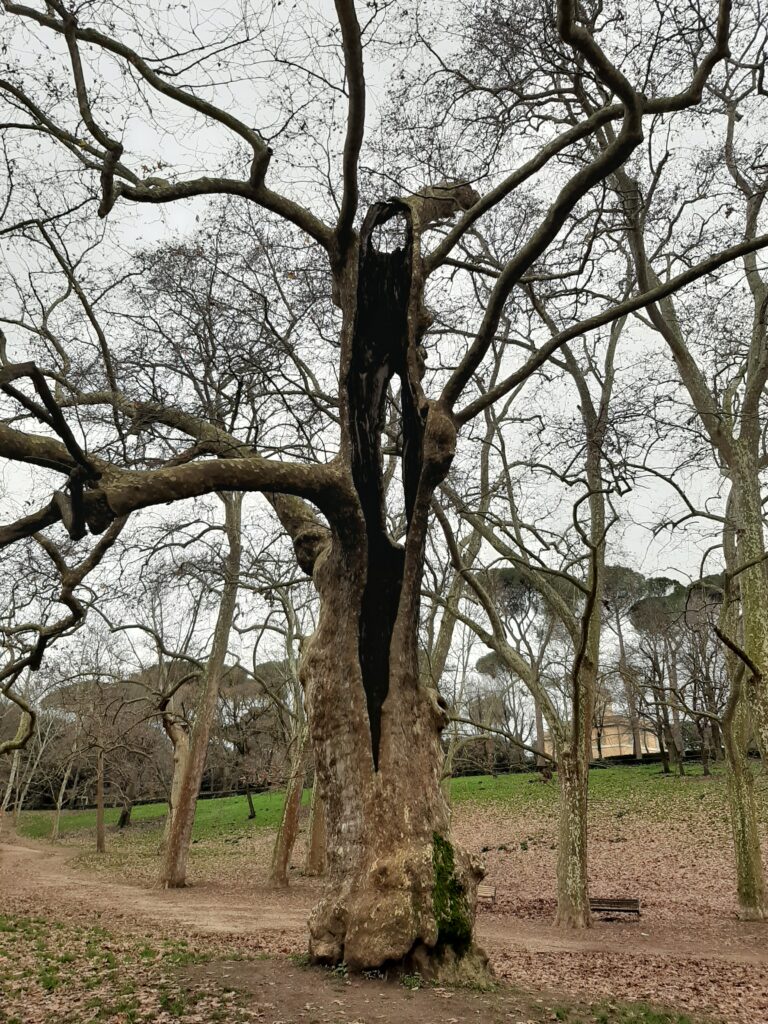We are all hoping to travel soon but, to protect the most vulnerable, we need to wait until it is safe, really safe. Not just safe for ourselves, but safe for those we will encounter along the way and when we get back home. The world has sacrificed much to reduce the impact of COVID-19, impatience now would be a tragedy. To increase our patience, I propose that we deconstruct travel and find safe ways to satisfy that exponentially-increasing travel itch.
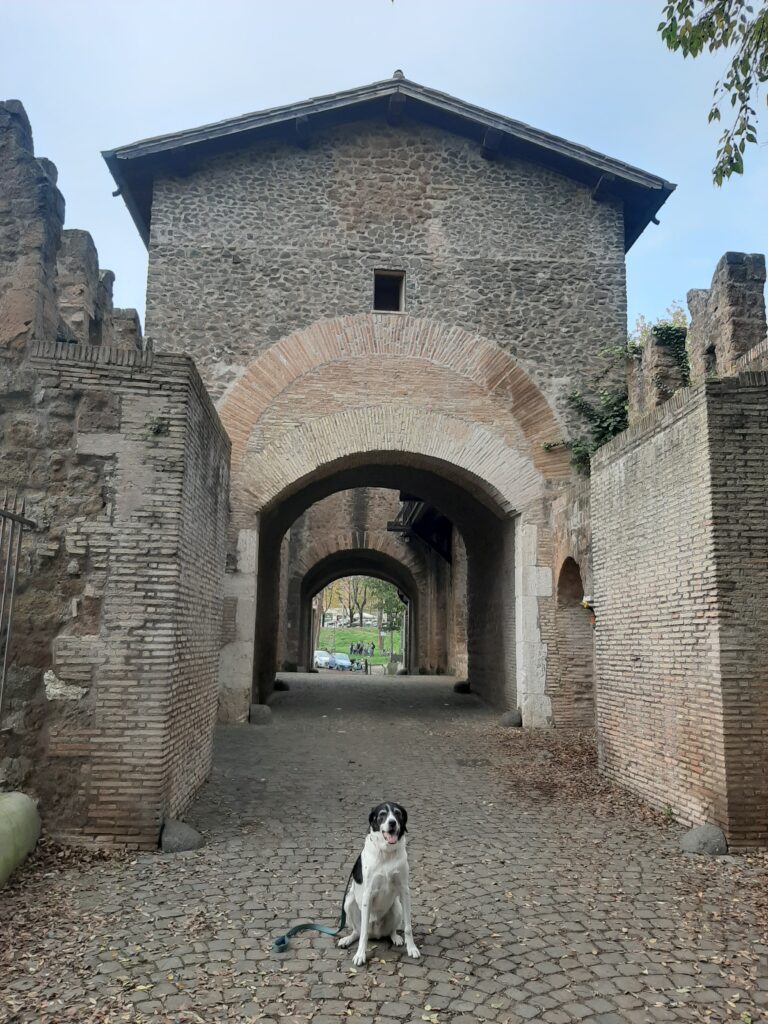
What do I mean by deconstruct? We recently enjoyed a deconstructed cannoli at a local Italian restaurant. It didn’t look like a cannoli, in fact it came in a jar. It did, however, have all the elements of a cannoli – sweetened ricotta “filling”, crumbled hazelnuts, tiny chocolate chips, and pastry roll crumble. It did not taste exactly like a cannoli but it satisfied the desire for a cannoli at desert-time, when all the cannoli-shops were long closed.
The first step then is to identify the essential elements of travel. How could one deconstruct that experience? There are lots of posts about the obvious things, such as food, culture, and language. We have many posts and even a whole section of our fantabulous travel book on “travel without leaving home.” For example, one could make sushi, listen to Japanese music, take an on-line flower arrangement class, and watch a film set in Japan by a Japanese director. Or one could explore safe multi-cultural activities near one’s home. But, this post is about satisfying the deeper travel-itch during a pandemic. In this case, the essential elements of travel are not about any one culture but about what makes travel, in and of itself, fulfilling and special. Why, for many of us, is travel nearly an addiction? What needs do we often fill through travel and how could we find other ways to fill these needs in 2021? I identified four elements to help me deconstruct the deeper travel experience.
The first and most obvious element is newness.
I find a thrill in the discovery of a new food (even if a few million people already eat it every day), a new friendship, or in simply rounding the corner and being surprised. I like to browse grocery stores in other countries, carefully examining the new products. New words lead to new ideas and new cultural attitudes are fascinating. I’m lucky (in this sense anyway) to have moved to a new country not too long before the COVID-19 pandemic began, so it’s not too hard to find new things. Still, the doldrums of daily life are everywhere and it takes a concerted effort to do and to discover new things in a safe way. We have initiated a tradition of long walks, really long walks (like several hours). We head in different directions, sometimes even driving to a new starting point, and we “discover” things as we go. They’re not big things, but they’re new things: a nifty stationary supply store, a new (but very old) bridge, an interesting dog park, a Thai restaurant, a new bakery, a closed outdoor disco. It is somehow impossible to discover these things by car or by public transit. They simply pass by too fast. And it’s difficult to take the time if you are on your way to meet someone or to accomplish errands. These simple long walks, with no particular destination, have brought an impressive amount of newness. It’s not perfect, but it does satisfy part of the travel itch in a very COVID-safe way. No need to talk to anyone or even go inside the stores; masked window-shopping is more fun than it sounds.
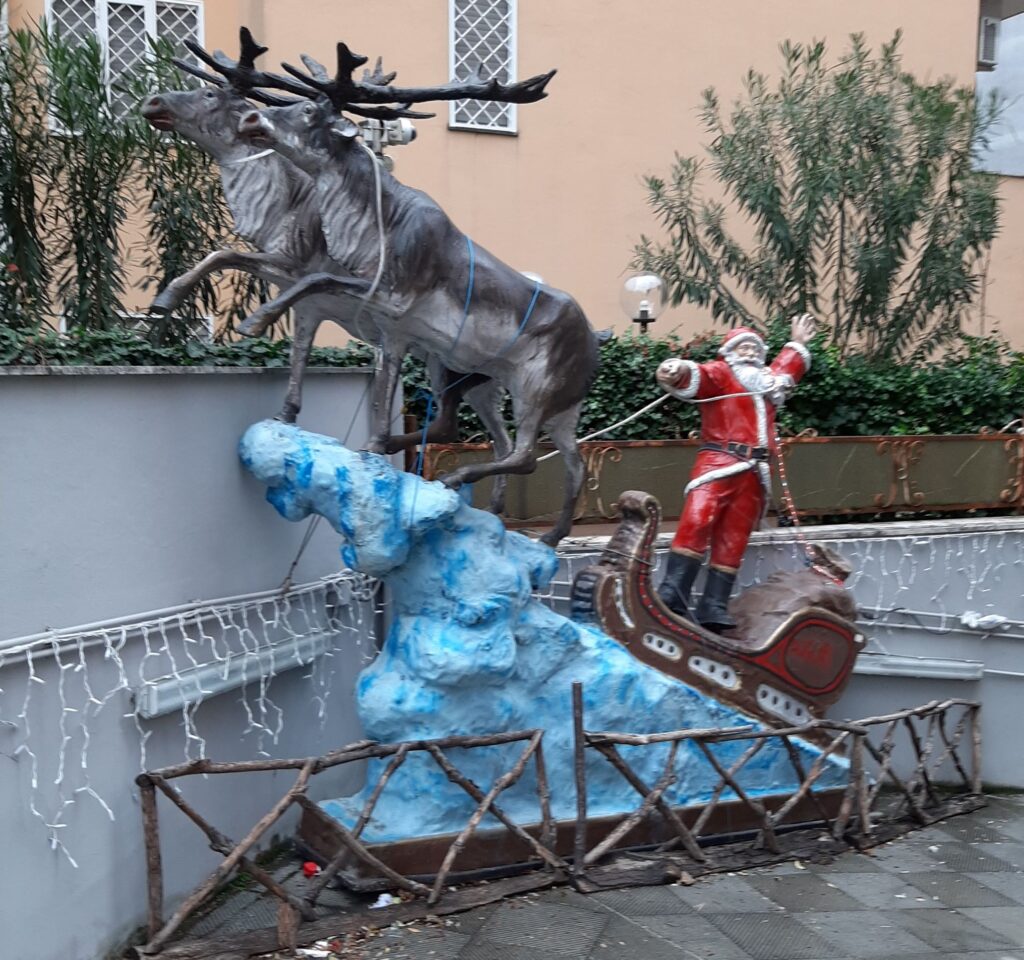
The second element of travel is related but more challenging: awareness.
The newness of travel definitely brings heightened awareness. Why? I’ve thought about this a great deal during some professional work in which I was reading about how much of our daily cues are not perceived but memorized. If one can dream about one’s own kitchen in perfect detail, one must have all these details already filed away in the mind. In your own kitchen, there is no need for your eyes and ears to take in everything each morning and this can bring some possibility of making coffee on auto-pilot or day-dreaming while preparing dinner. Only in a new kitchen does one observe the little water stain, the way the forks do or don’t fit into the drawer, or the smell of the oven as it heats up. When we travel, all this heightened awareness is part of the experience; there is no familiarity, no room that can be dreamt in all its detail. Awareness is known to lead to well-being. For example, a recent article in the NY Times described research on the benefits of a quick walk in which the study subjects “cultivated awe”. Researchers instructed the participants to cultivate awe by walking someplace new (see above!), paying attention to details along the way, and looking at the world with “fresh, childlike eyes.” Participants who walked with this increased awareness for just 15-minutes a day felt more upbeat and hopeful than control subjects who walked for the same amount of time but without the increased awareness. Increased awareness can be achieved consciously through lots of ways, perhaps through a meditation class, a daily practice of noticing change, or an activity that requires awareness such as yoga, journaling, or sketching. Too complicated for pandemic-life? Even a simple “routine” of drinking one’s morning coffee in a different spot each day of the week could break the insidious auto-pilot.
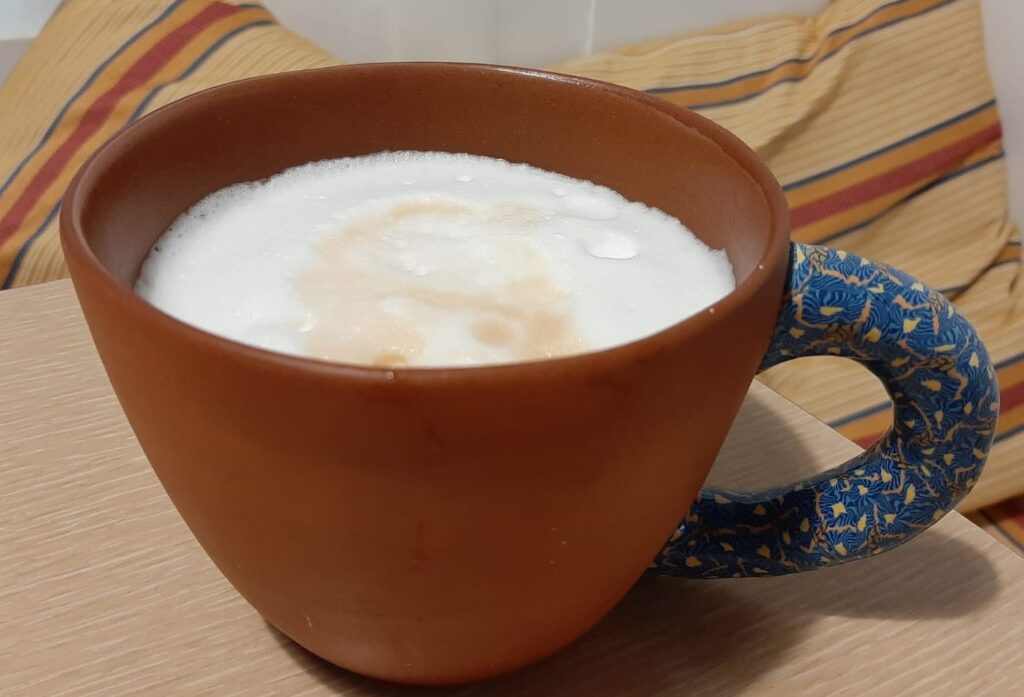
The next element is active companionship.
When traveling, we are doing things while we spend time with people. There simply aren’t endless zoom calls on an adventure. One does not catch-up with one’s travel partner by recounting last weekend’s frustrations and asking “so, how are you?” Directed conversations are fantastic, but that is all we seem to have during this pandemic – conversation for the sake of sharing information, for catching up on the nothing that comprises our last three weeks or three months. When traveling, the companionship is active. Conversations are about what’s happening at the moment; you might also spend several hours with nearly no conversation, simply exploring a museum, hiking in the mountains, or looking out the window of a train. One gets to know one’s companion not so much by what they say but by what they do and how they do it. I miss this! I like deep conversation more than most but there is a time for just sharing an experience, exchanging words out of necessity rather than for the purpose of storytelling or emotional communication. A close friend recently exclaimed over this “Yes! That’s why I feel so connected to the small group I traveled with in Brazil, even though we knew each other only a short time.” Active companionship is a hard need to satisfy these days and the partial solutions I have found are either lucky or contrived. If you are lucky, you can sign up for or plan for some safe outdoor activities with a companion. My husband and I took a set of windsurfing lessons (something new and certainly something that also increased our awareness) and planned a big hike in the mountains with a local guide for insight and another kind of companionship. Virtual activities, though contrived, can work too. A remote family game night is imperfect but lovely. We hosted an on-line pub-quiz with old friends. The quiz master provided the questions and we jumped into small groups to laugh and interact informally. Sure it was a bit weird, but it was fun! Other contrived solutions I’m considering are signing up for a virtual cooking class with a friend and joining a virtual 90-mile walk with my sister.
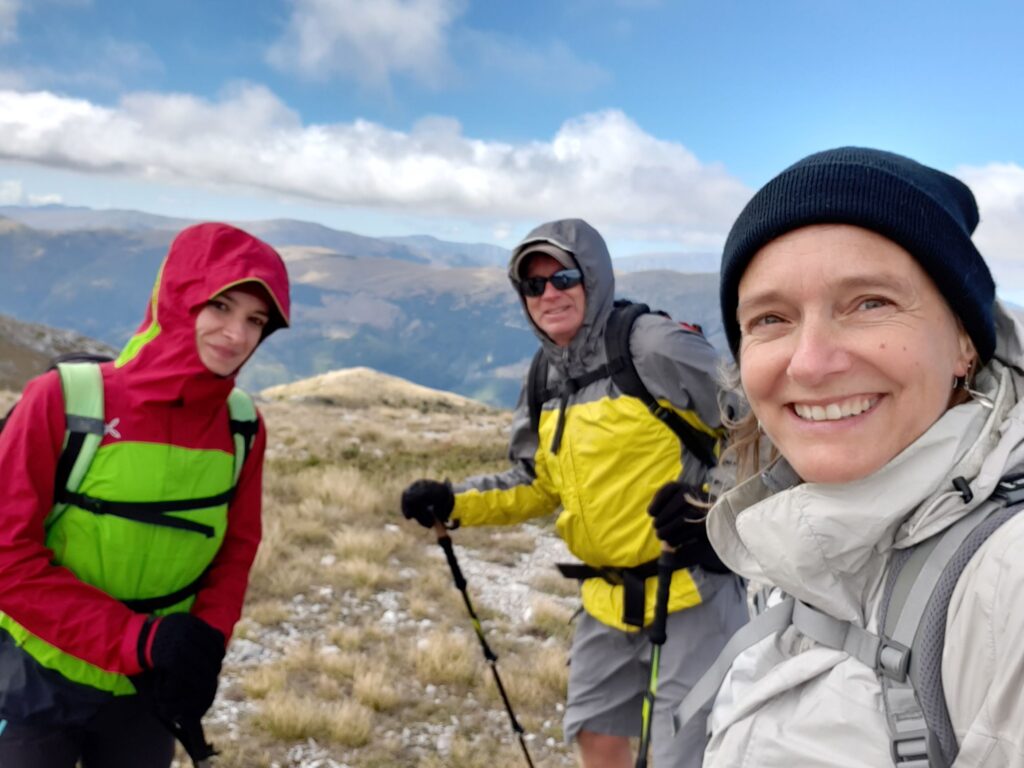
The final essential element of travel, for me, is random ideas.
At home, I read the same newspapers and blogs regularly, correspond with friends who (for the most part) share my world view, and watch movies I expect to like. I get lots of new ideas this way, and more still from my professional life, but they are mostly ideas I sought out, or ideas I thought might be interesting in advance. When traveling, I don’t seek out new ideas, I bump into new ideas. I don’t know exactly where they come from – a museum sign, a pamphlet, a tour guide, a part of history I didn’t expect to explore, a restaurant owner but they arrive in a steady stream. Once, while getting a glass of my favorite herbal liquor in Vienna, I received a lecture on the wrongs of eating tomatoes out of season. Not expecting that! But I am still thinking about it nearly a decade later. One problem, of course, is that my free time is more limited when I am not traveling – less time, less chance for ideas to find you. But, I need to find some substitutes for this essential element if I am going to deconstruct the travel experience and I have found a few simple ways to increase the flow of random ideas when I do have time. For one, I started listening to podcasts that cover a wide range of topics such as TED Talks Daily, Stats+Stories, or Hidden Brain. At first I chose the episodes that I expected to find interesting, but now I just let them stream. Sure, I listen to some episodes that are dull, but cool new ideas do also find me this way, new ideas that I didn’t think were relevant or that I didn’t think would be exciting but, turns out, they’re fun and enriching. I have also tried to increase my on-line interaction with new people through activities like language lessons or on-line courses, and I have chosen guided experiences (when safe) over independence for the fantastic flow of fun information. We tried a MOOC (massive on-line open course) and are considering MasterClass. We might force ourselves to try one MasterClass we think will be dumb every few weeks just for the thrill of discovering that diamond-in-the-rough.
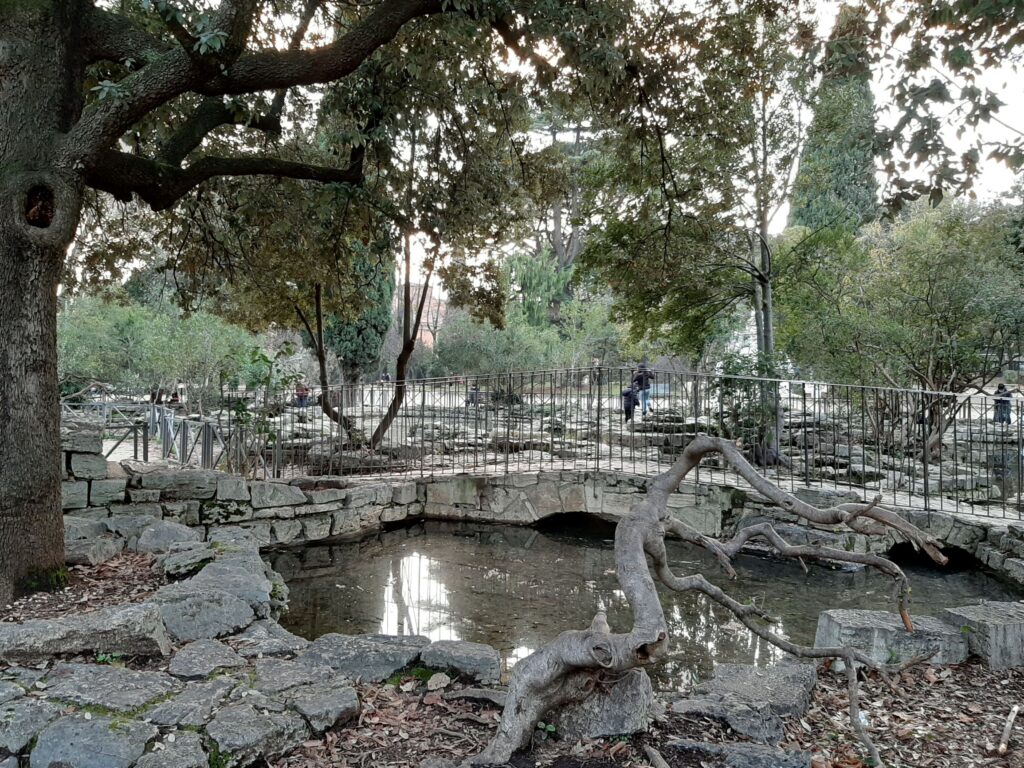
Deconstructing travel: newness, awareness, active companionship, and random ideas.
This year, I will try to deconstruct the travel experience by increasing all these elements in my mostly locked-down life. In addition to seeking out new foods, learning about other cultures, and playing with language, I hope to also capture these more subtle satisfactions. In fact, I am hoping I might even improve my daily life forever? I certainly cannot hop a plane to Senegal rIght now, and I don’t even want to board the fast train to Milan. But, I can fill the void and maybe learn a bit in the process.
